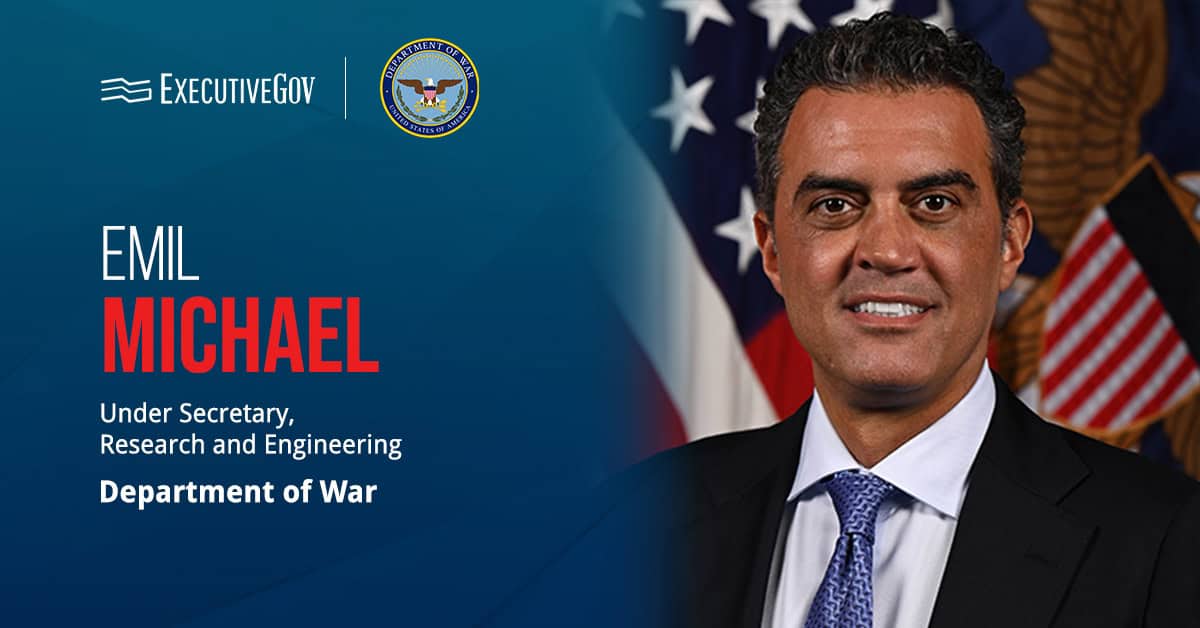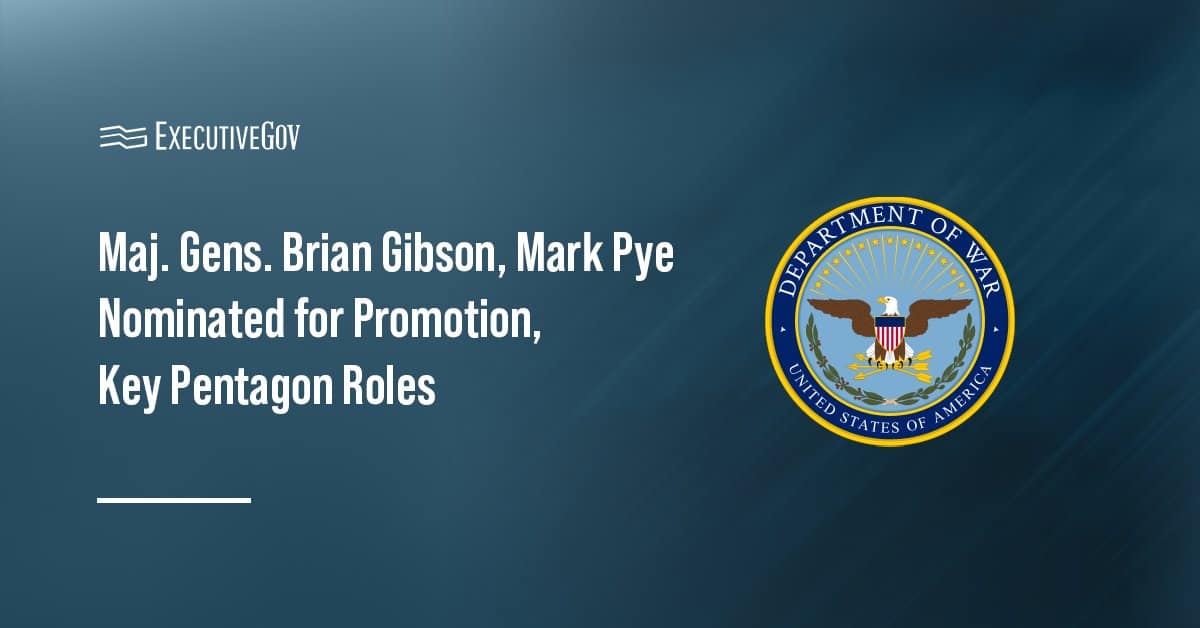
President Donald Trump has nominated Lt. Gen. Timothy Ray, deputy commander of the U.S. European Command, to be the next leader of the Air Force Global Strike Command at Barksdale AF Base in Louisiana.
The Defense Department said Thursday that Ray is also up for a potential rank promotion to general.
If confirmed, he would lead that command that oversees U.S. intercontinental ballistic missile wings, as well as the entire USAF bomber force.
Ray would also manage the service branch’s nuclear nuclear command, control and communications assets, maintenance activities involving nuclear assets and the Long Range Strike Bomber program.
He previously served as commanding general for the NATO Air Training Command and the 438th Air Expeditionary Wing in Kabul, Afghanistan. He joined USAF in 1985 and holds experience as a pilot, instructor and commander for aircraft including the T-38 and B-52.





